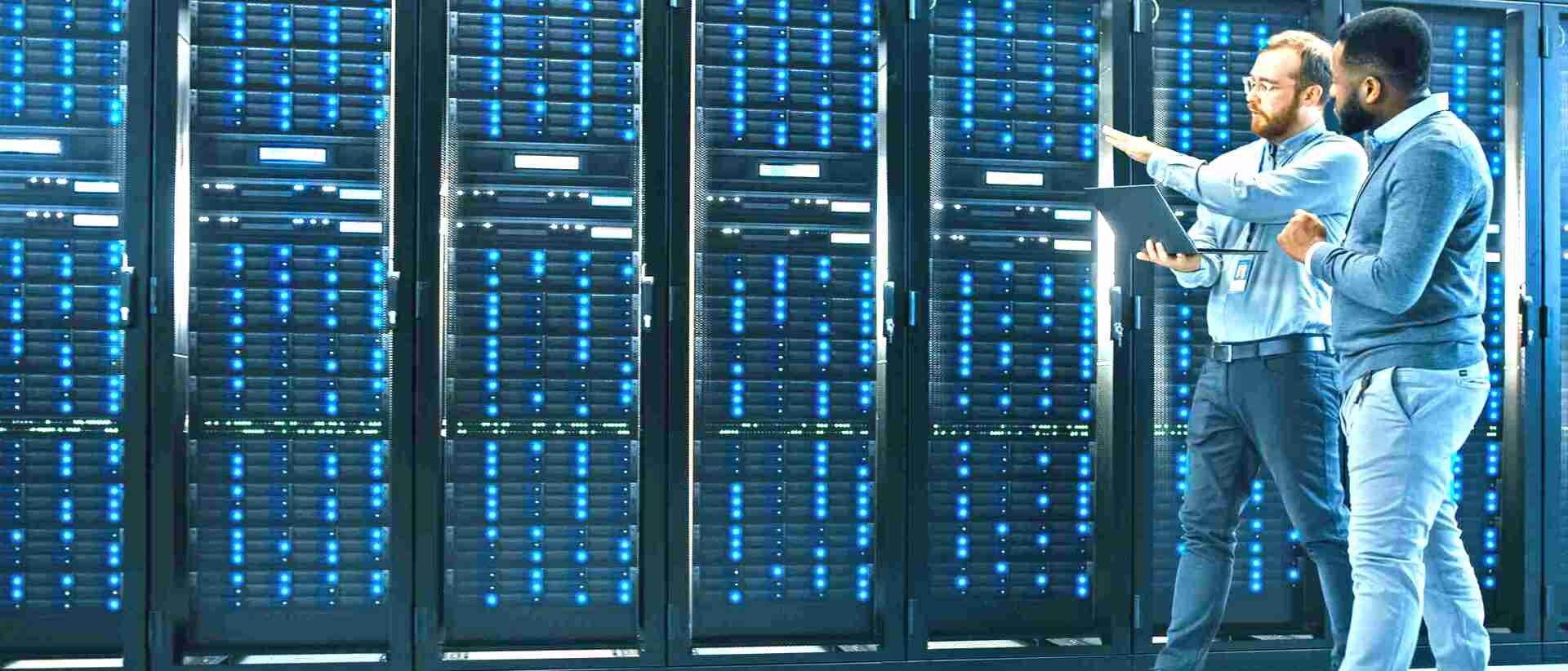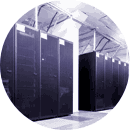SELF-MANAGED CloudWeb 1
Self-managed Public Cloud Server with SSD virtual Disk.
1 vCPU Core
2 GB RAM
20 GB SSD virtual Disk
Unmetered Data Transfer
Choose Data Center Location
Server Management Panel (GUI)
Failover Protection
Linux OS or Windows
1 IP address
Full Root Access
Managed Service (Add-on)
$15/mo
ORDER UNMANAGED CLOUDWEB1



